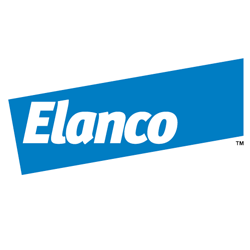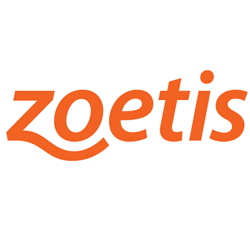Summary
Regular vaccination of canine patients is a central component of preventive healthcare, as well as an opportunity for the practice to engage with clients to discuss the importance of disease prevention. These vaccination guidelines provide a current and comprehensive resource for making informed decisions when designing vaccination protocols for dogs. Vaccination best practices are based on individualized needs determined by the patient’s history and risk of disease exposure. Whereas core vaccines are recommended for every dog regardless of lifestyle, noncore vaccine recommendations are determined by assessing the likelihood of a dog’s exposure to a given infectious disease. Licensed canine vaccines have a high degree of safety and efficacy, and in most cases, the benefits of vaccination far outweigh the risks. Dogs presented at, residing in, or originating from animal shelters are in a high-risk setting for infectious disease exposure and outbreaks, and shelter-specific vaccination protocols seek to mitigate that risk.
It is important that the entire healthcare team be well versed on the practice’s vaccination philosophy and protocols. The practice team is then prepared to deliver a consistent and unified message to clients on the importance and role of vaccination in patients’ healthcare plans. Improper vaccine storage and handling and failure to adhere to label recommendations are the principal reasons for the occasional incidence of vaccination failure. Periodic staff training can minimize these procedural shortfalls and help ensure that vaccination is a reliable and useful tool for delivering optimum pet healthcare.







